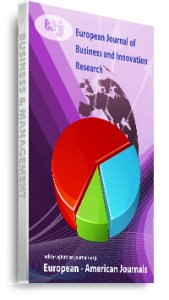This study investigates the impact of government expenditure on agriculture, inflation, exchange rates, and interest rates on poverty in Nigeria from 2000 to 2022, using panel regression analysis to explore the relationship between these variables and the Poverty Headcount Ratio (PHR). The findings reveal that government expenditure on agriculture has a significant positive effect on poverty levels, indicating that higher agricultural spending may inadvertently contribute to increased poverty in the country. While inflation and exchange rates do not significantly affect poverty, interest rates show a positive and significant relationship with poverty, suggesting that higher interest rates exacerbate poverty by limiting access to affordable credit. The study highlights the importance of enhancing the efficiency of agricultural spending and reducing interest rates to alleviate poverty. Additionally, it emphasizes the need for comprehensive economic policies and institutional strengthening to address the complex factors influencing poverty in Nigeria. The study contributes to the existing body of knowledge by providing new insights into the mixed effects of agricultural expenditure and the significant role of interest rates in poverty dynamics. The findings offer valuable recommendations for policymakers aiming to reduce poverty and promote sustainable development in Nigeria.
Keywords: Agriculture, Exchange Rates, Government Expenditure, Inflation, Interest rates., Nigeria, Panel regression, Poverty Reduction, economic policy, poverty headcount ratio

